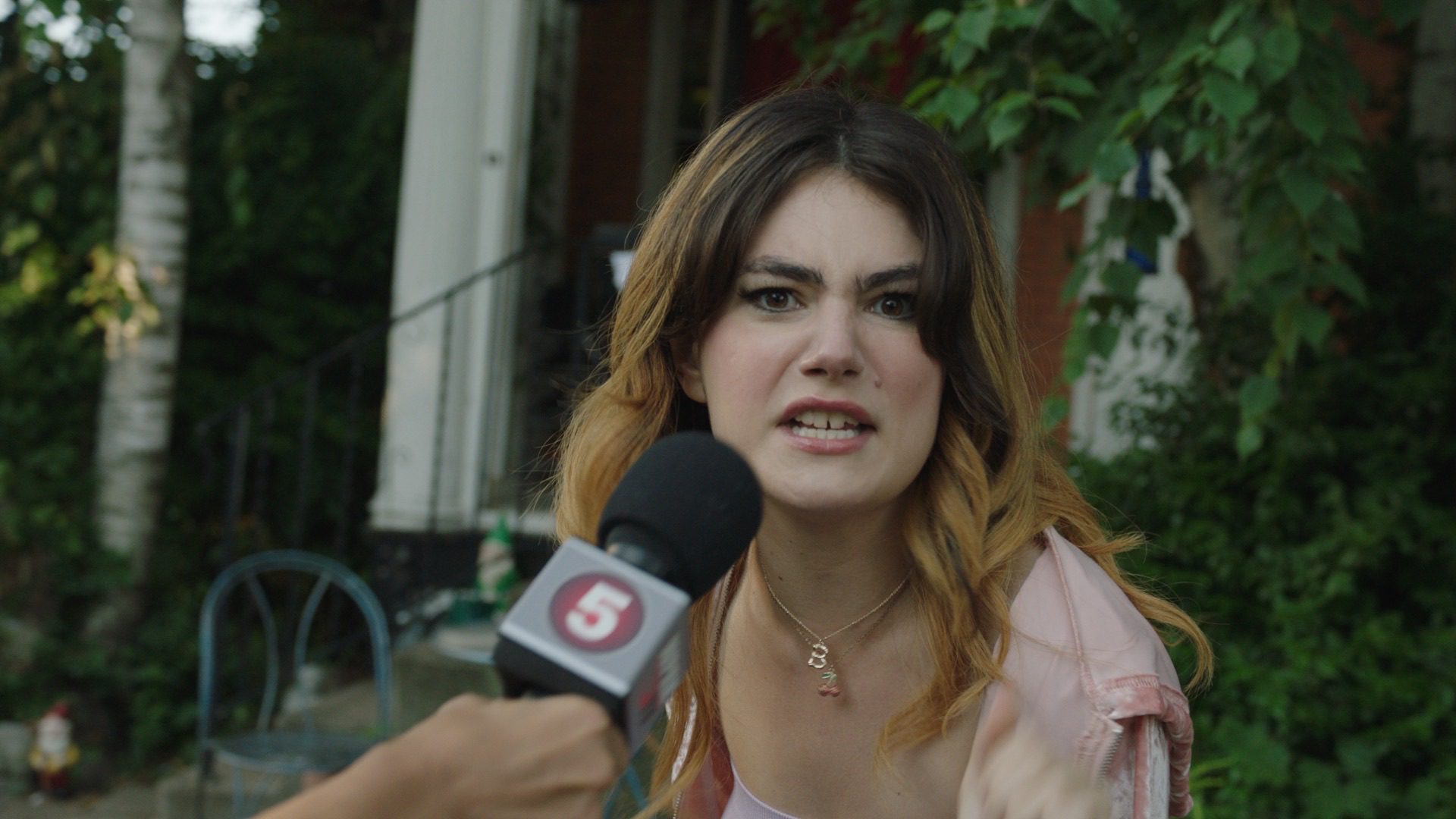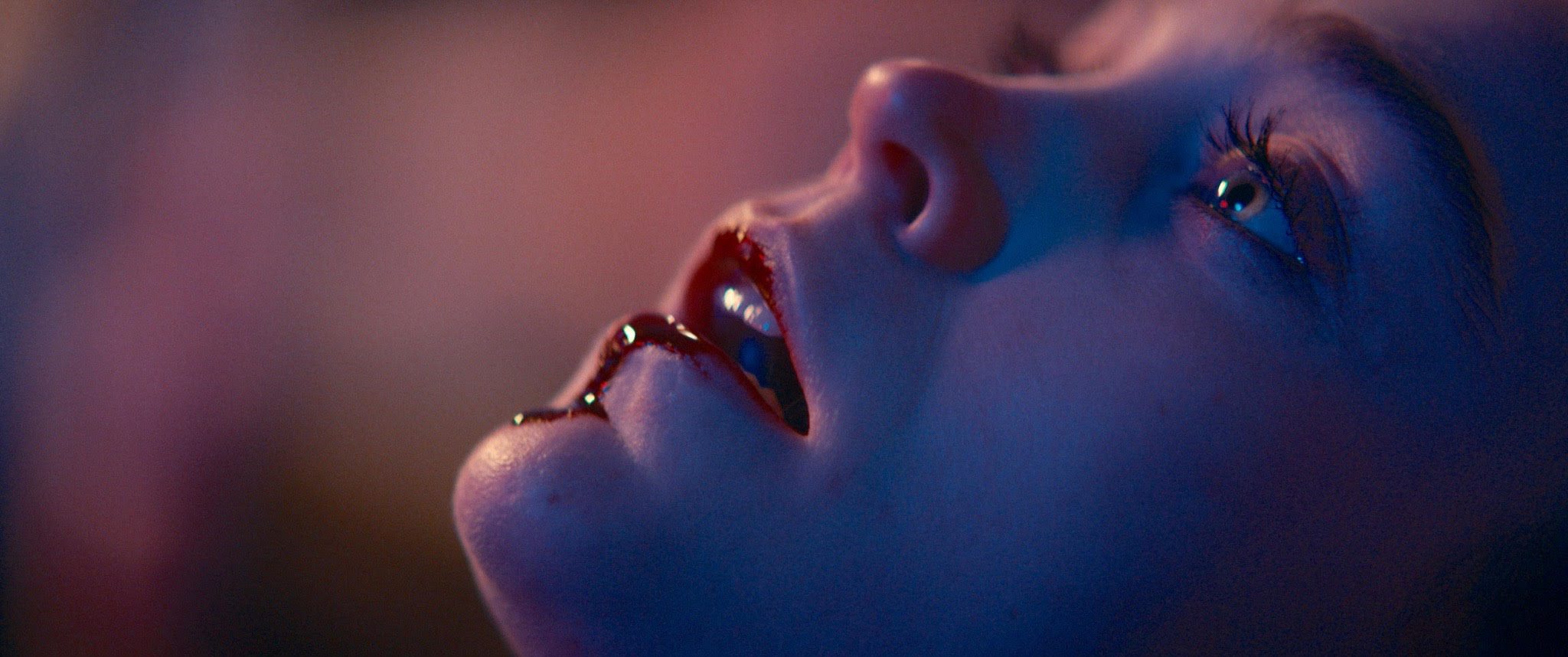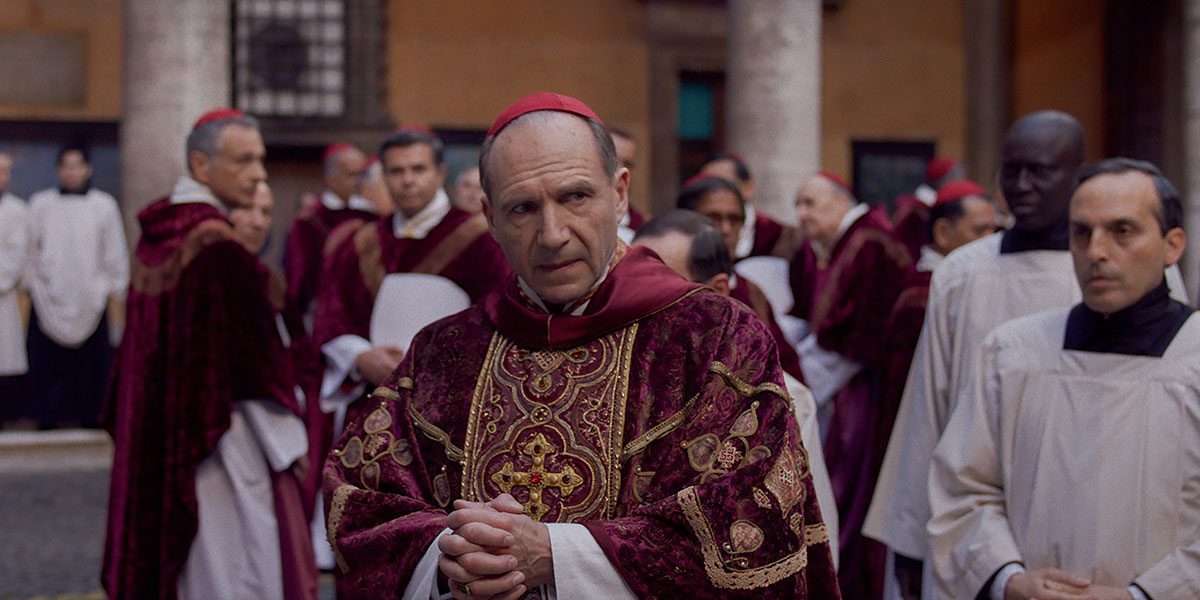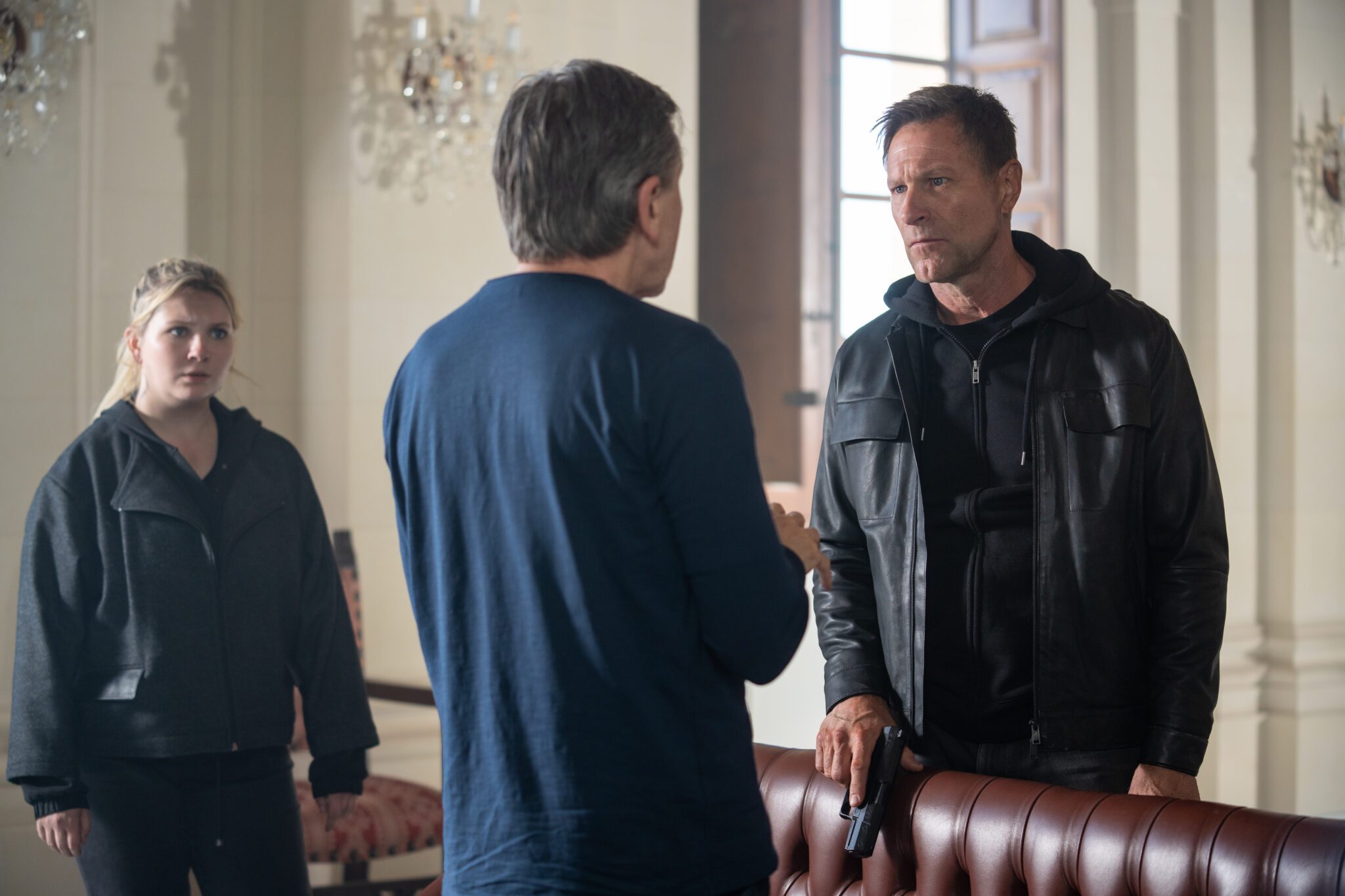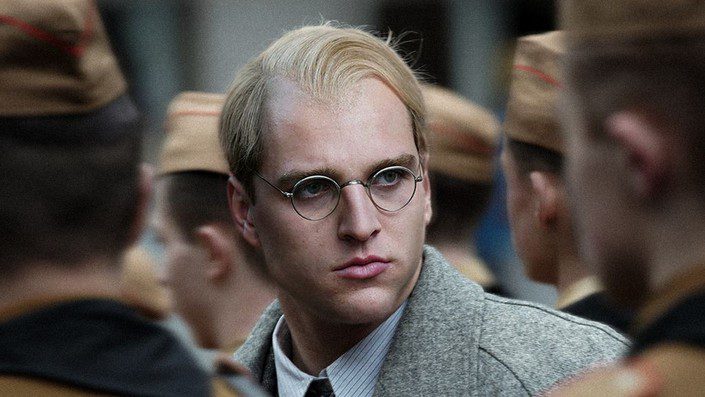Written and directed by Katie Boland,?We?re All in This Together?tells the story of Finn Parker (Katie Poland),...
suicide
?You gotta kick at the darkness till it bleeds daylight? ? Leonard Cohen To be fair, Cohen?s...
The teen years can be a challenge. It is a time when people struggle with their identity...
I want to use this report to touch on a few of the films that are part...
She Dies Tomorrow. Maybe. But she’s fairly certain that she will. Written and directed by Amy Seimetz, She...
Directed by Amy Jo Johnson (The Space Between), Tammy?s Always Dying tells the story of Catherine (Anastasia Phillips), a...
It’s nearly Christmas – a joyous time, but also a difficult time for many. In this episode...
Aren’t Christians supposed to have it “all figured out?” Does the gospel really work? Can people change?...
Have you ever really wanted to know what goes on in the mind of today’s teens? Not...
Arguably one of the most eccentrically talented fashion designers of our time, Lee Alexander McQueen took the...

